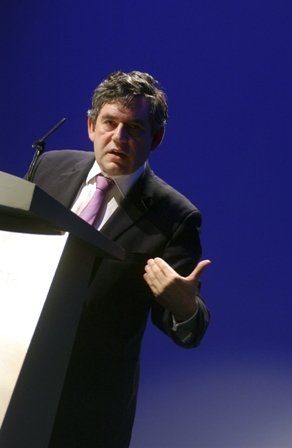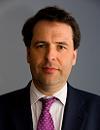A note on Paul Samuelson
SUGGESTED



To die at 94, still compos mentis, still engaged in the economic debate, is astonishing. Some people seem to be born lucky, and Samuelson was one of those people.
Paul Samuelson taught Keynesian economics to the world. His 1948 text Economics, now in its 19th American edition, with local editions sold worldwide and no end of translations, was the book from which two (three?) generations of economics students learned their basic theory. Virtually all textbooks today seem to be a clone of some sort from that original source.
It was Samuelson himself who noted that once something gets into the textbooks, there is no getting it out again. It was his role to get the Keynesian blight into the economics texts of the world and in a way that everyone could understand. His other major contribution to economics was to hasten it towards its mathematisation, which remains something of a curse to this day.
Economics and mathematics are in some sense made for each other. Both are about numbers, concepts and abstract ideas. The intrusion of mathematics into the theoretical side of economics owes a great deal to Samuelson’s 1941 Foundations of Economic Analysis whose approach has spread like a weed across the whole of the discipline.
Samuelson helped take the discipline in a direction which has made its close study almost without interest to the general population. The fall off in student numbers within schools of economics is to a significant extent a long-run effect of his work.
Samuelson was, however, a major contributor to the history of economic thought. Here within economics is a sub-branch, as important to the continued health of the subject as mathematics, which is nonetheless dying on the vine.
Economics has almost no history that an economist would be expected to know. There are a few ancient fables that economists pick up along the way, but there is no true effort to ensure that economists actually know about the history of their subject or about the economic history in which economic theory played a role. Economists seem to want to be like physicists where the history of their subject is of little interest to their current work. But economics is a social not a physical science – its own history is part of what an economist needs to know.
Samuelson understood this, as his many ventures into the history of economic thought clearly show. He may well have been the greatest historian of economics during the whole of the twentieth century. I am not the first to say this.
I would finally like to add a personal note. Paul Samuelson was a kind man and free with his time. I wrote to him myself last year to seek his comment about a paper I had written since it involved his own role in the Keynesian Revolution. To my surprise, it pleases me to say, he wrote back a very kind and chatty letter almost a page in length.
Paul Samuelson understood the importance of ideas in shaping the way policies are devised. It is his ideas as a disciple of Keynes that, for better or worse, now shape policy decisions across the entire world.
4 thoughts on “A note on Paul Samuelson”
Comments are closed.




Samuelson was an extreme Keynesianist. Keynes was bad enough. There is history in economics but not in our mainstream lackey monetarist system. Traditional economists, Fekete, Anderson, Exter, Adam Smith are hardly known. I have personally asked 5 PhD economists about Smith’s Real Bills Doctrine and Social Circulating Capital, none of them were aware of it. None thought we were in the position we are in today, because of the debt monetary system, lack of redeemable money without a real gold standard. None knew that the cause of the today and the 1929 depressions are due to capital loss, the forced buying of government bonds with uncontrolled interest rates, and no gold standard as an option.
Reading of the day includes:
Ben Bernanke on Samuelson:
“Paul Samuelson was both a path-breaking and prolific economic theorist and one of the greatest teachers that economics has ever known. I join with many other former students and colleagues of Paul’s in mourning the passing of a titan of economics.”
Followed by a New York Times headline:
“Bernanke Blames Weak Regulation for Financial Crisis”http://www.nytimes.com/2010/01/04/business/economy/04fed.html?hp
The guy is consistent, no doubt. But I wonder if he really believes on what he says. Maybe he has just become another lying politician.
Hi Flavio Graf, Politicians are either aware of this appalling monetary system which robs the taxpayers, the producers and workers of this and other countries or they are taken in by what they read and listen to in the controlled media, and that is being kind to them. Read Professor Of Banking and Money San Francisco University Antal Fekete. This man is a Titan, fearless, honest and makes complete sense of economics – the dismal science. All the best, Philip
Thanks for the recommendation Philip, however, I’m not a big fan of the Gold standard and Fekete is. Going to the Gold standard is like implying that the government is like a drunk man (which we agree). We disagree on the solution though: Gold standard people believe we should throw his car keys down the drain. For me, the sound option, is to get the guy sober.
You can’t get citizens to be responsible if you renounce to give responsibility to government.